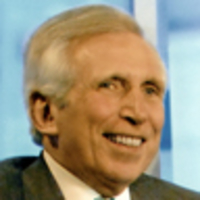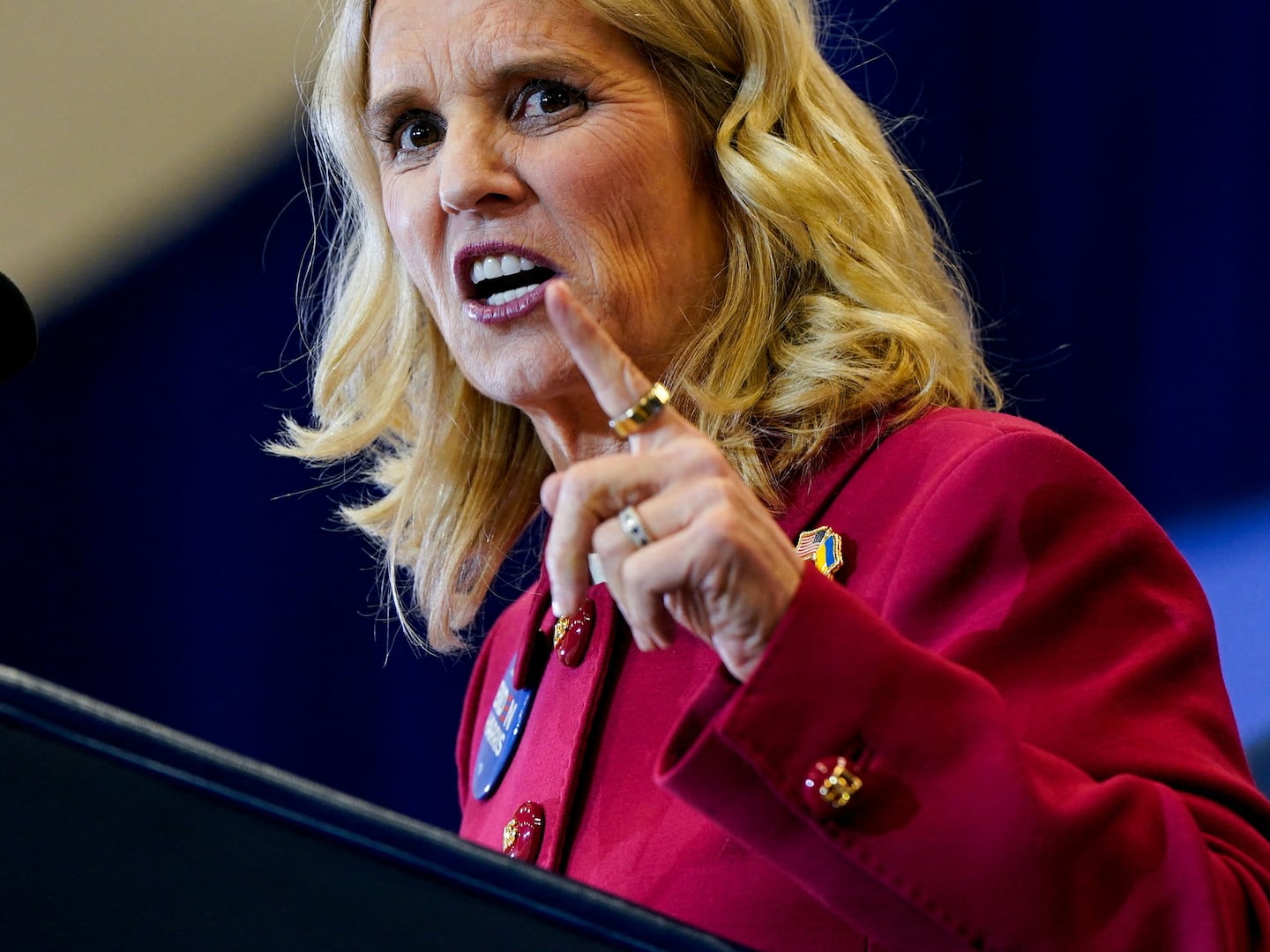Plus: Check out Book Beast, for more news on hot titles, authors and excerpts from the latest books.

In more than four decades at the Washington Post, Leonard Downie, Jr. has done it all—investigative reporter, foreign correspondent, local and national editor, and in the paper’s top newsroom job for 17 years, he led the Post to 25 Pulitzer Prizes, including three Gold Medals for public service. Now, in his first year since leaving that position, he has published a novel called The Rules of the Game (Knopf). Timing can be an essential ingredient in the impact of a book, even one of fiction, and Downie (a friend as well as a former colleague) has scored a direct hit. In the early weeks of the Obama administration, the big story, aside from the collapsing economy and the frenetic efforts to do something about it, has been whether our young president can change the way Washington works; more on that in a moment.
Whatever each person’s honorable objectives, there are so many temptations of power, wealth, and lust that reaching a state of grace may be far-fetched.
Downie’s portrait of the culture of politics and journalism is dark. Infidelity, backstabbing, corruption, even murder, abound. The central characters include Susan Cameron, who inherits her husband’s Senate seat when he is caught in a sex scandal and then ascends to the Oval Office as a beneficiary of circumstance (the incumbent dies). Sarah Page is the reporter/protagonist who does what it takes to rattle the capital, risking life, limb and integrity in the process. The plot touches all the proverbial bases of the years Downie spent writing the book in his spare time: war-zone contractors, allegations of torture, and the nefarious role of lobbyists and political consultants. Downie clearly found it relaxing to diagram Washington’s noir side, and the novel zips along.
Because first novels tend to be autobiographical, I wanted to know, when Downie and I got together recently, whether he believed that all the activity he was describing actually outlined the rules of the game. The message is meant to be ambiguous, he explained. What he was showing is that there are rules; they are routinely broken, and adhering to high standards is very damn hard. Downie’s characters have honorable goals for the most part, but to reach them, all kinds of bending, manipulation, and dissembling are required; which brings us back to President Obama.
Obama made changing the ethics of Washington a centerpiece of his campaign. But reality immediately clashed with idealism in the problems of his nominees for various positions, especially the short, sharp collapse of Tom Daschle’s selection to be leader of the administration’s push to reform health care. By every accepted Washington measure, Daschle is a helluva guy. Even grizzled Dan Schorr of NPR, who at 90-plus is no naïf, called Daschle “unusually admired, even cherished” when he dropped out. No one else comes to mind combining experience in the ways of legislators, the intricacies of our health system, and the confidence of Obama. But when Daschle was defeated for re-election in 2004, he used his standing as the basis for making the fortune those years in public service had denied him. In short order, Daschle accumulated a bouquet of lucrative blossoms, including the services of a chauffeur, which, like access to a private jet, seems to be the way Washington and New York’s elite truly set themselves apart from the masses. (There was an item in the Washington Post the other day about former Defense Secretary Donald Rumsfeld missing a downtown Washington bus, the gist of which was that the old man was just this side of pathetic.) Not paying taxes on the driver seems to have been the nominal reason Daschle had to go.
But the underlying issue was whether, in the midst of economic catastrophe and political transition, the rules of the game are actually changing, with Daschle as a symbol of that upheaval. Downie’s view is that the culture he describes is so pervasive and ingrained and human nature so flawed, that any real adjustment of the system is very, very hard. Obama navigated this early test, says Downie, in the process losing an invaluable ally on a key policy objective, and it is too soon to conclude whether it was worth it. In the novel, the tug-of-war over purity is never fully resolved either. People who serve the nation in service are, after all, only people. Whatever each person’s honorable objectives, there are so many temptations of power, wealth, and lust that reaching a state of grace may just be far-fetched. A question at the center of Downie’s novel is whether insisting on virtue means that nothing much will get done.
Someone who has been in Washington as journalist as long as Downie must be skeptical about whether Obama, or anyone, can divest the place of its trappings of privilege, advantage, and money-backed special interests. I should add, with respect, that Downie has assiduously set himself apart from the social favors due his increasingly powerful role at the Post. For a very important man, he was never a Washington bigshot. So, what you have in The Rules of the Game is a portrayal of the way things work, with an undertone that says lifting the standards for what is permissible in politics and public life is a never-ending mission that may be, and perhaps should be, never fulfilled.
Peter Osnos is a senior fellow for media at The Century Foundation, where he writes the weekly Platform column. Osnos is the founder and editor-at-large of PublicAffairs Books. He is vice chairman of the Columbia Journalism Review, a former publisher at Random House Inc. and was a correspondent and editor at The Washington Post. Visit TCF.org for a full archive of Platform columns.






